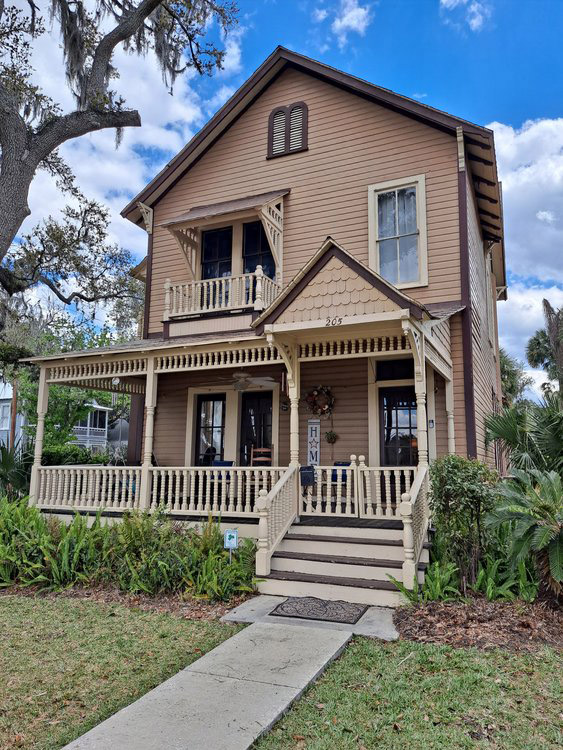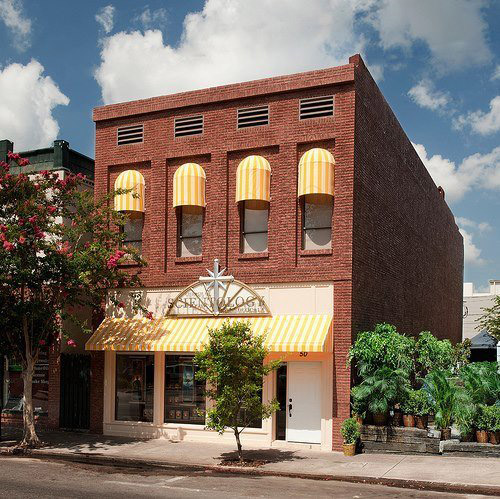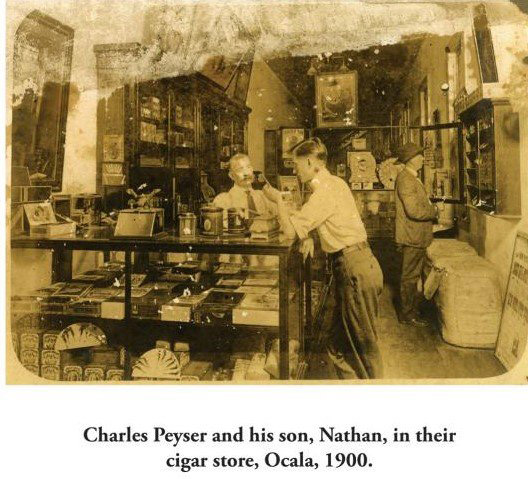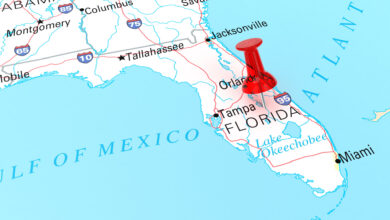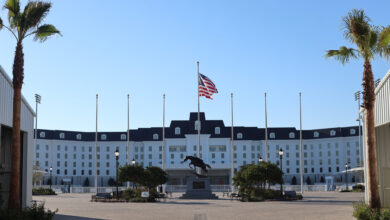On Sanchez Road near downtown is a lovely Victorian Frame style home known as the “Peyser House.” Built in 1889, the two-story house featuring Italianate architectural details with a summer kitchen on the back porch was home to Charles and Hannah Peyser, prominent players in the local cigar industry that was among Ocala’s biggest claims to fame in the late 1800s and at the turn of the century.
In those days, cigars were not yet synonymous with Tampa or Key West, but Ocala, which boasted over 13 manufacturers of the product and shipped its wares all over the country. Of those 13 cigar companies, one of the most prominent was El Tropico, established by the Peysers and one that would survive the economic hardships into the 1920s.
Before this time, Cuba and South Florida monopolized the cigar industry but were out of reach of local rail lines, prompting several local businessmen to seize upon the opportunity. Hiring expert Cuban cigar rollers to staff the factories, a veritable town sprang up that was originally called Havana Town and was home to mostly Cuban immigrants. After a visit from Cuba’s famous liberator Jose Marti, the area in west Ocala was renamed Marti City and was home to Peyser’s manufacturing plant.
By 1891, it is claimed that Peyser’s El Tropico plant was manufacturing nearly 50,000 cigars a week and struggling to meet the demand of orders from across the country. Peyser was importing tobacco from Cuba while also using locally-produced tobacco in his product, the most successful being his 5-cent cigar, El Tampico.
With hard freezes of 1894 and 1895, coupled with many bank closures, the cigar industry in Ocala began a downward spiral and Key West, then later Tampa, became the cigar capital of Florida.
Despite the economic hardships causing the demise of the local cigar industry, Peyser still enjoyed great success, mainly from his El Tampico. In 1896, Marti City enjoyed a population of 478 residents, the majority being expert cigar rollers. But as the Tampa area, with its major influence of Cuban residents, began luring companies away from Ocala, the Cuban cigar rollers went with them. When El Tropico closed in 1920, it was the last remaining cigar plant in Ocala.
The building where Peyser’s cigar store was located is still standing, at 50 SE 1st Avenue in downtown Ocala. The building is now home to the Church of Scientology Mission of Ocala.
Although the Peyser store building and home still stand, none of the other structures from Marti City remain. What does remain is the legacy of industrialization in Ocala, which all started with the cigar manufacturers of the late 1800s, particularly Charles and Hannah Peyser. It marked the area’s first attempts at industrialization right at the onset of the phosphate boom in Marion County. Also in those days, it connected the Marion County area to international culture, trade and even politics.
